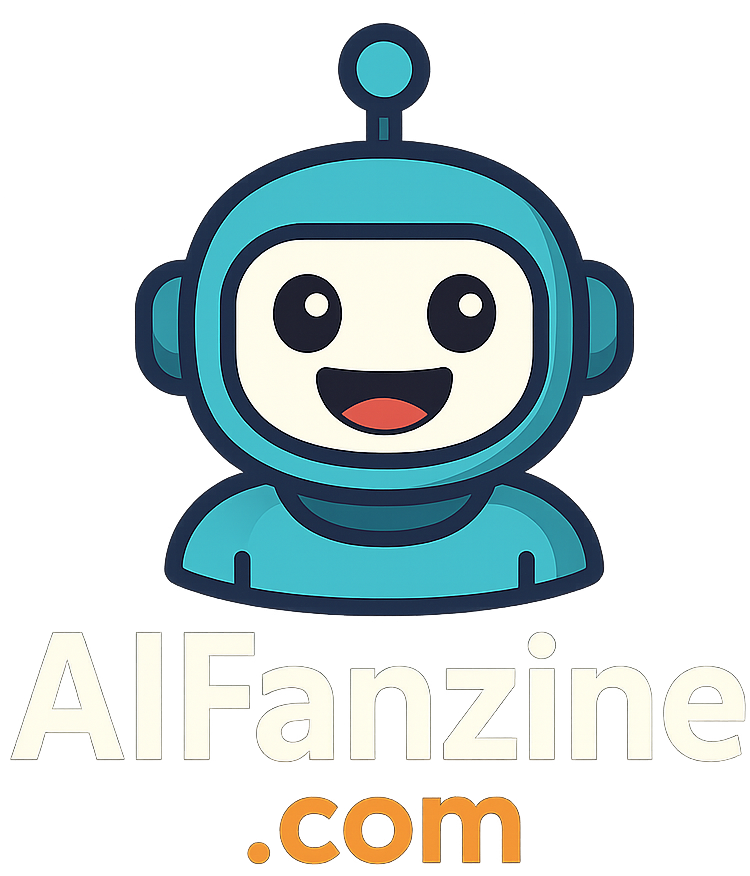The changes I’m seeing AI make in 2025 are waves reshaping industries, not just ripples. AI is driving an economic revolution. It’s not just an auxiliary tool anymore.
The Acceleration of Automation
Factories run differently now. Or, they will soon. Companies are investing in robotics. AI-driven robotics can handle assembly tasks and adapt in real time to production demands. AI robotic machines can learn, predict, and self-adjust to minimize downtime.
Logistics? It’s the same story. AI systems can manage supply chains and reroute shipments before managers spot any problems. Automated warehouses could process orders faster than ever. But here’s the issue: workers who once filled these roles are now asking hard questions about their future.
Service Industries Under Transformation
Service jobs were supposed to be automation-proof. But, they’re not.
AI chatbots handle customer support with near-human accuracy. I tested one last week and I couldn’t tell it was a machine. Retail stores run AI checkout systems. Hotels use AI concierges. All these changes will not eliminate all of the human staff, but they are creating leaner companies with tech-dependent models.
The Rise of New Professions
New jobs are emerging faster than old ones disappear. AI trainers, explainability experts, algorithmic bias monitors, these roles did not exist five years ago.
According to the World Economic Forum’s Future of Jobs Report 2025, AI will displace 92 million jobs by 2030. However, it is projected to create 170 million new positions globally during this same time period. That will be a net gain of 78 million jobs. This is a net positive change and the outlook challenges the narrative around inevitable mass unemployment.
Hybrid roles are everywhere now. Lawyers who specialize in AI regulations. Doctors working with diagnostic systems. Traditional skills are merging with AI knowledge in ways that will create entirely new career paths. Universities will scramble to keep up. They are already launching courses and different certifications weekly.
Regional Differences
AI hits differently in each region around the globe.
In developed economies, the AI focus is on productivity and high-tech jobs. These countries with solid digital infrastructure are seeing surges in research and data science positions. Developing nations, however, are facing a rougher transition. Many of these countries rely on labor-intensive industries that are in the middle of now being automated. Here, job loss fears run higher where their safety nets are weak.
But opportunities still exist. Data labeling, remote monitoring, localized AI solutions. These create work in unexpected places.
Workplace Dynamics
Remote work runs on AI now. Platforms manage scheduling, track productivity, assist in projects. Virtual meetings use AI to auto-translate and summarize key points.
Creative industries treat AI as a co-creator. Writers use it for drafts. Designers for mockups. Musicians for composition. The drudgery disappears, leaving room for higher-level work.
People view AI differently too. It’s not just software. It’s part of the team where traditional leadership models are also being questioned.
Job Displacement
Let’s be honest: displacement is real.
In transportation, manufacturing, and administrative roles, job demand is shrinking. Retraining programs do exist but the access isn’t equal. And, the pace of change outstrips any human adaptation for many of the workers.
From my conversations with displaced workers, they have valid concerns. Without proper support, retraining, financial assistance, and equitable access, this could fuel a typhoon of worker inequality, and worker unrest.
Education and Skill Development in the AI Era
PwC’s 2025 Global AI Jobs Barometer found that workers with AI skills command an average 56% wage premium compared to similar roles without these skills. This is up from 25% just last year. This statistic also demonstrates the immediate economic value of adapting to AI.
Education has become lifelong.
Healthcare professionals continue learning to interpret AI diagnostics. Business managers integrate AI insights into their decisions. Even art students explore AI tools. Adaptability itself has become the most valuable skill.
Schools update curriculums monthly. Online platforms launch AI literacy courses daily. If you’re not learning, you are falling behind.
Ethics and Policy
Stricter regulations are coming regarding data usage, bias prevention, and transparency. The world governments are cracking down. Businesses face pressure to adopt ethical frameworks. And, consumers demand responsibility.
AI governance jobs are exploding. Auditing, compliance, ethics officers. These roles grow as fast as the technology that they monitor.
There is a Human Element
With empathy, creativity, moral judgment: AI can not replicate these yet.
Machines are good analyzing datasets. Humans contextualize the meaning of this. The most successful workers in 2025 don’t compete with AI. They collaborate with it. They amplify their strengths rather than fearing the technology.
Looking Ahead
This is a transformation. It is not a replacement story.
Jobs do disappear, but others get redefined, and new ones will emerge. Every country, industry, and worker will contribute to this narrative. The challenges are displacement, ethics, unequal access and these issues need addressing. But the possibilities? They are worth pursuing.
The world of work is now transforming and workers who adapt will thrive.

